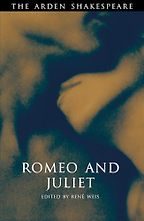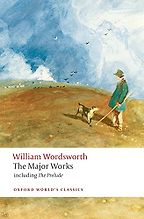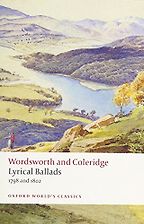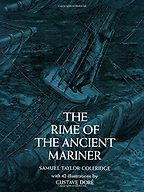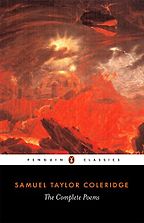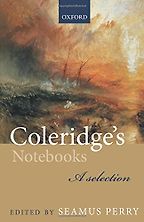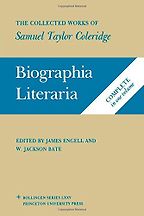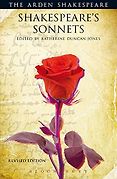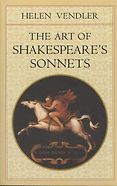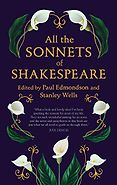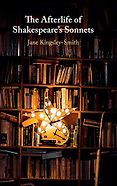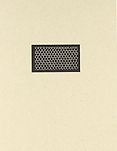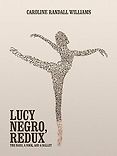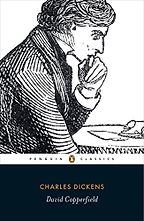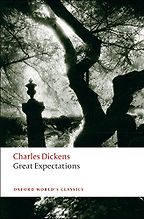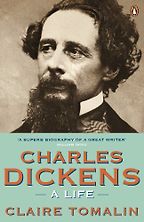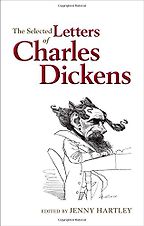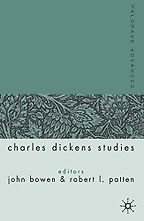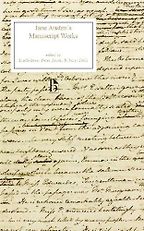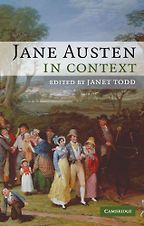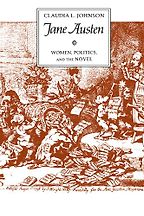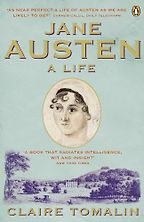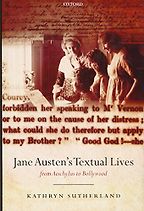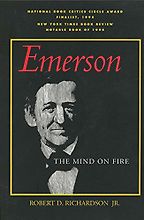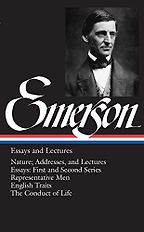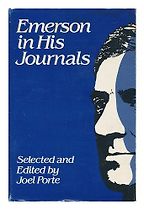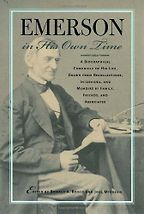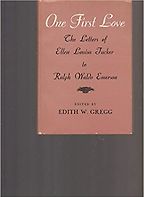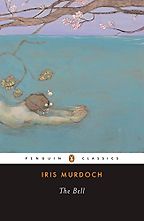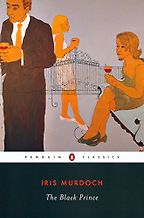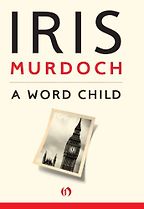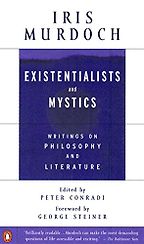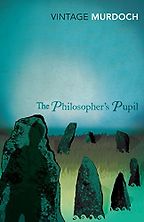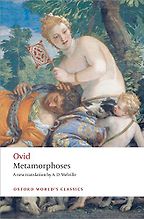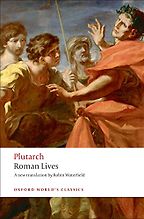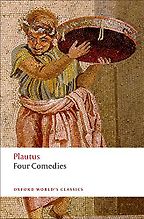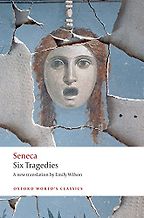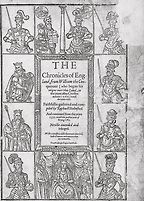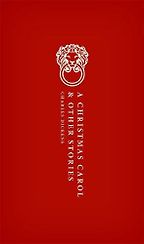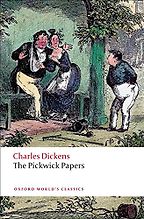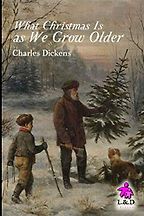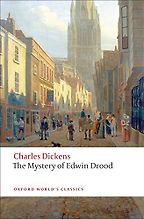Classic English Literature
Last updated: January 07, 2026
René Weis on The Best Plays of Shakespeare
Shakespeare scholar René Weis picks his five favourite plays, and explains why King Lear will change your life.
The best books on William and Dorothy Wordsworth, recommended by Lucy Newlyn
William Wordsworth probably did not get his greatest creative impetus from solitude, but from his extremely close relationship with his sister, suggests Oxford scholar Lucy Newlyn
-

1
Lyrical Ballads
by William Wordsworth and Samuel Taylor Coleridge -

2
The Rime of the Ancient Mariner
by Samuel Taylor Coleridge and Gustave Doré -

3
The Complete Poems of Samuel Taylor Coleridge
by Samuel Taylor Coleridge -

4
Coleridge's Notebooks: A Selection
by Samuel Taylor Coleridge -

5
Biographia Literaria
by Samuel Taylor Coleridge
The Best Samuel Taylor Coleridge Books, recommended by Seamus Perry
The Best Samuel Taylor Coleridge Books, recommended by Seamus Perry
The reputation of Romantic poet, critic and philosopher Samuel Taylor Coleridge has long been overshadowed by William Wordsworth, his friend and Lyrical Ballads co-author. Oxford professor Seamus Perry talks us through the books that showcase Coleridge’s idiosyncratic brilliance.
-

1
Shakespeare's Sonnets
by Katherine Duncan-Jones & William Shakespeare -

2
The Art of Shakespeare's Sonnets
by Helen Vendler & William Shakespeare -

3
All the Sonnets of Shakespeare
by Paul Edmonson, Stanley Wells & William Shakespeare -

4
The Afterlife of Shakespeare's Sonnets
by Jane Kingsley-Smith -

5
Nets
by Jen Bervin -

6
Lucy Negro, Redux
by Caroline Randall Williams
The best books on Shakespeare’s Sonnets, recommended by Scott Newstok
The best books on Shakespeare’s Sonnets, recommended by Scott Newstok
The beauty of Shakespeare’s sonnets speaks to us down the centuries, their lines peaking out at us from the titles of famous books or enjoying outings at weddings or other romantic occasions. But they were not always regarded as perfectly-formed jewels, and the relationships they portray not as conventional as many of us presume. Here, Shakespeare scholar Scott Newstok talks us through books that help us learn more about Shakespeare’s sonnets, from the best introduction to the poems for students through to their afterlife and recent creative interpretations.
The Best Charles Dickens Books, recommended by Jenny Hartley
He was the most popular novelist of the Victorian era, a convivial family man who always championed the underdog. But he also harboured dark secrets that only came out after his death. Jenny Hartley recommends the best books by and about Charles Dickens and discusses Dickens the phenomenon, past and present.
The Alternative Jane Austen, recommended by Devoney Looser
Thanks to her ability to be many things to many people at once, Jane Austen is one of the vast minority of writers who manage to be both eternally popular and canonical. Here, Austen scholar Devoney ‘Stone Cold Jane’ Looser presents alternative Austens, from subversive youngster to video-game heroine
-

1
Emerson: The Mind on Fire
by Robert D Richardson -

2
Emerson: Essays and Lectures
by Ralph Waldo Emerson -

3
Emerson in His Journals
Ralph Waldo Emerson and Joel Porte (editor) -

4
Emerson in His Own Time
Ronald A. Bosco and Joel Myerson (editors) -

5
One First Love
by Ellen Louisa Tucker & Ralph Waldo Emerson
The best books on Ralph Waldo Emerson, recommended by James Marcus
The best books on Ralph Waldo Emerson, recommended by James Marcus
Known to many of us as the American Transcendentalist champion of individualism and self-reliance, Ralph Waldo Emerson is a much more soulful and sorrowful, brilliant but deeply contradictory thinker than we often give him credit for, says James Marcus, as he recommends the best books by – or about – Emerson.
The Best Iris Murdoch Books, recommended by Miles Leeson
Iris Murdoch gained fame as a novelist, a philosopher and, perhaps most prominently of all, for her public and rapid decline (and posthumous immortalization by her husband John Bayley) after an early diagnosis of Alzheimer’s disease. But now, more than a century on from her birth, the attention is returning back to her work. Miles Leeson, Director of the Iris Murdoch Centre at the University of Chichester, recommends what books to read from her canon of 27 novels.
Shakespeare’s Sources, recommended by Robert S Miola
William Shakespeare has a strong claim to be the most influential writer of all time. But whose works influenced him? And how? Robert S Miola discusses the breadth of Shakespeare’s reading, the vexed question of how we can reconstruct what he read, and the staggeringly innovative ways that Shakespeare shaped his sources
The best books on Dickens and Christmas, recommended by Robert Douglas-Fairhurst
When it was published on December 19th, 1843, Charles Dickens’s A Christmas Carol was an instant classic. Oxford Professor of English Literature Robert Douglas-Fairhurst runs through the best of Dickens’s prolific writings about Christmas.


